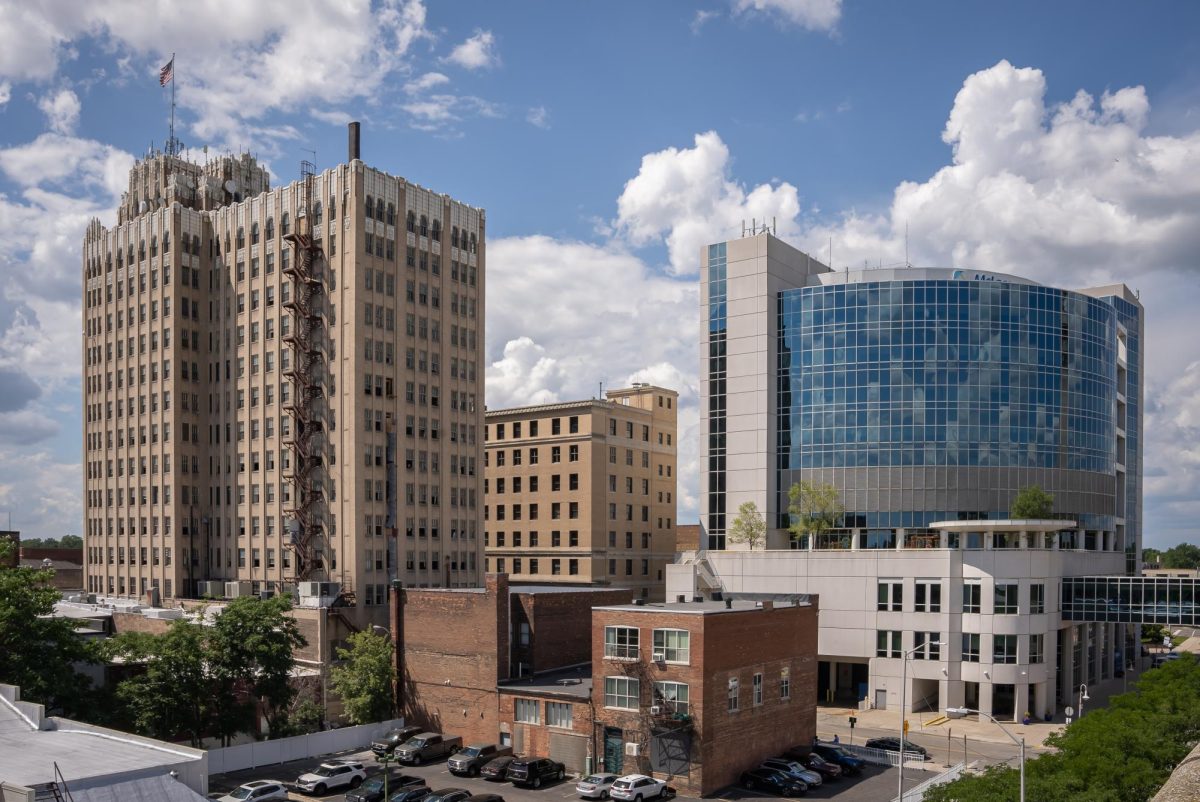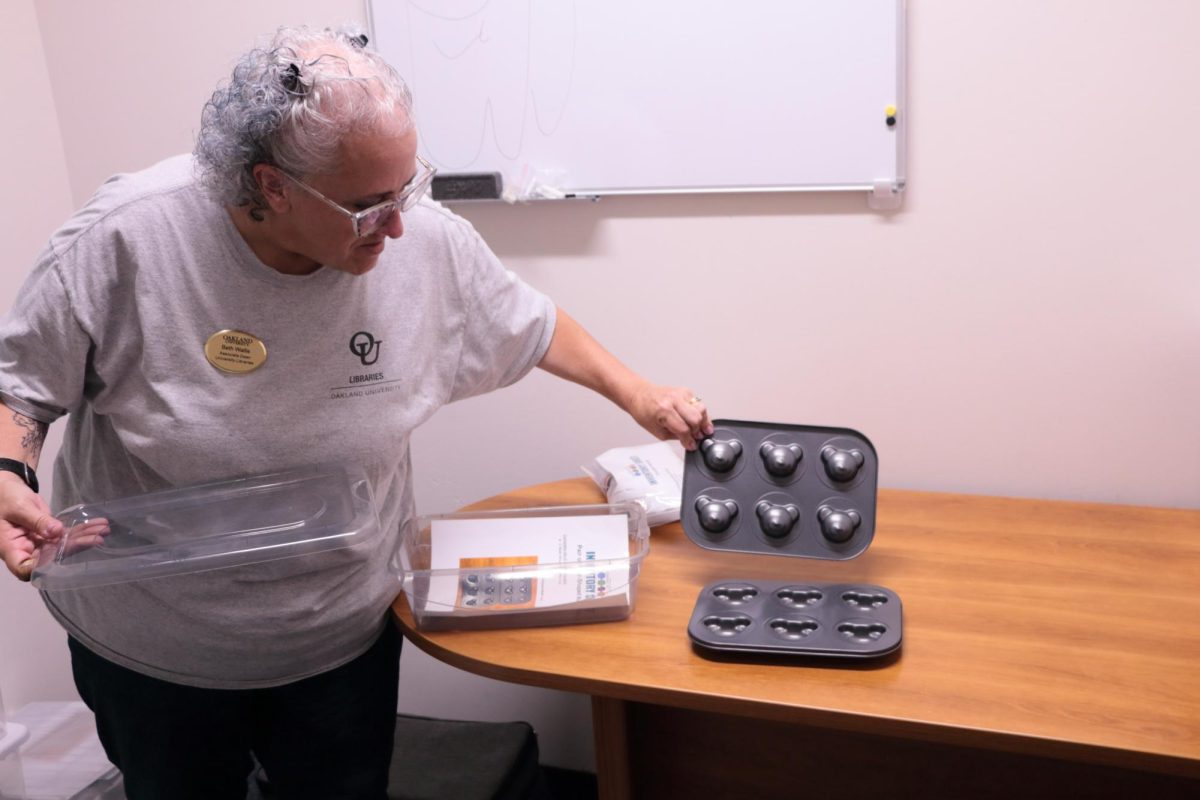As Oakland University continues to progress as a research-based institution, an area of research most students are new to learning is community-based participatory research.
This method of research is addressed within Oakland University’s department of psychology and led by psychologists Dr. Martha Escobar and Dr. Mark Manning. The Community Research Immersion Success Program, CRISP, focuses on developing research initiatives within the city of Pontiac.
The program invests in interested students working with the citizens, scientists and senior citizens, from Pontiac to identify structural barriers and focus on the well-being of the community.
“We had been discussing for a while involving our students in some sort of activity that will take them into the community,” Escobar said. “We are both interested in interventions that are community-focused, and this was a great opportunity to implement them. It was an idea I had for a while, which was to reach out to the people of Pontiac and establish a long-term collaboration with the city in a way that we will bring students and work with them.”
This program is valuable, as it allows students to gain research experience within the community and creates a space for experimental learning.
“Fall semester was a lot of introductions to what community-based participatory research is, it was a lot of background training in this research framework and why it’s important and then semester two is to dive right in,” Manning said.
This past semester initiated the relationship with the senior center and its citizens in Pontiac.
“We initially just did an information session in the city of Pontiac, we had set up to talk to whoever was interested in possibly conducting research within the community, we connected with the health department and with them decided to reach out to one of the senior citizen centers in Pontiac,” Escobar said. “The seniors will come up with the ideas, our role is to guide them through a scientific process and do that in a systematic organized, and controlled manner. The outcome is going to hopefully be some sort of local solution to that problem. The research process grows from the community and goes back to the community.”
Allowing the community to frame questions allows the students to understand the seniors’ differences and perspectives, allowing both the senior citizens and students to learn from one another.
“What we prioritize is the importance of respecting the different valuable viewpoints that all members of this partnership are bringing together,” Manning said. “We expect our students to be honest and eager about working with the Pontiac community, and being open to new experiences and communities you might not have thought you’d be working with, approaching it with an expectation of humility.”
“They are going to be fully open-minded to allowing someone else to set the rules of the process and are going to be humble enough to ask for assistance and guidance,” Escobar said.
This semester, Escobar and Manning, plan to spend time deciphering the over-arching research question of the study. This process resembles a laboratory-based function with all members working with one another and discussing methodologies to address the problem.
For interested students in the CRISP course, further information can be found by emailing [email protected] or [email protected].




